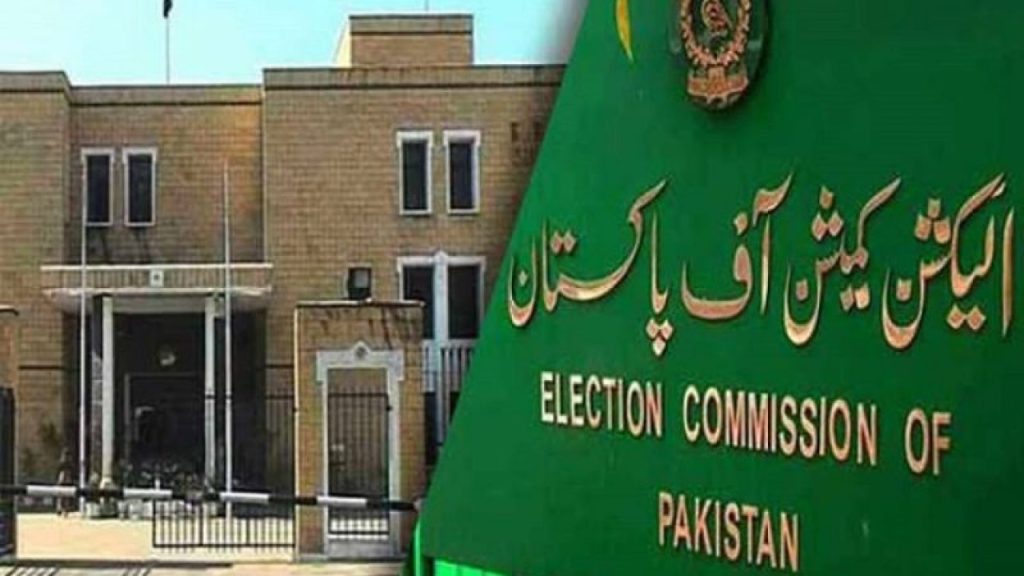The Election Commission of Pakistan (ECP) has formulated the polling scheme for the upcoming general elections, aiming to establish a total of 91,809 polling stations across 859 constituencies in national and provincial assemblies.
Among these, 32,000 have been identified as sensitive, while 17,000 are categorized as highly sensitive. These details were disclosed in a meeting of the Senate Standing Committee on Parliamentary Affairs, chaired by Senator Taj Haider. The committee emphasized the importance of the electoral body conducting the polls within the constitutional framework of 90 days.
During the meeting, ECP Secretary Omar Hamid Khan provided insights into the arrangements, stating that approximately 1 million polling staff members would be necessary for the smooth conduct of the general elections. The committee sought information on measures ensuring the stability and accuracy of election results.
Secretary Khan explained that the ECP has developed electronic devices with customized software to securely transmit Form-45 snapshots to Returning Officers. The software also includes features to track the time and location of these snapshots to ensure the legitimacy of the election process.
Secretary Khan noted that preliminary results would be published on September 27, with an estimated two months required to address and resolve any representations.
The committee reminded the ECP of its constitutional obligation to conduct general elections within 90 days after the dissolution of the National Assembly and urged the ECP to promptly announce the election schedule to eliminate uncertainties about the timing. Senator Kamran Murtaza suggested reducing the time for filing representations from one month to seven days, prompting the secretary ECP to suggest that the committee propose necessary amendments to existing laws.
Regarding the gender gap among voters, the committee chairman’s concerns were addressed by highlighting ECP’s efforts to reduce the gap, particularly in Baluchistan.
The session covered the allocation of funds for development projects, with Senator Taj Haider emphasizing the need for funds to be allocated to approved schemes. The ECP Secretary assured the commission’s impartiality, stating that there would be a level playing field for all participants.
He asserted that there would be no rigging in the upcoming general elections, emphasizing that the ECP was ensuring lessons from past mistakes were not repeated. Committee chairman Senator Taj Haider questioned the commission about delays in scheduling elections, expressing concerns about completing constituency boundaries on time and expressing his intention to convey the committee’s message to the ECP through a written letter on behalf of his party.


